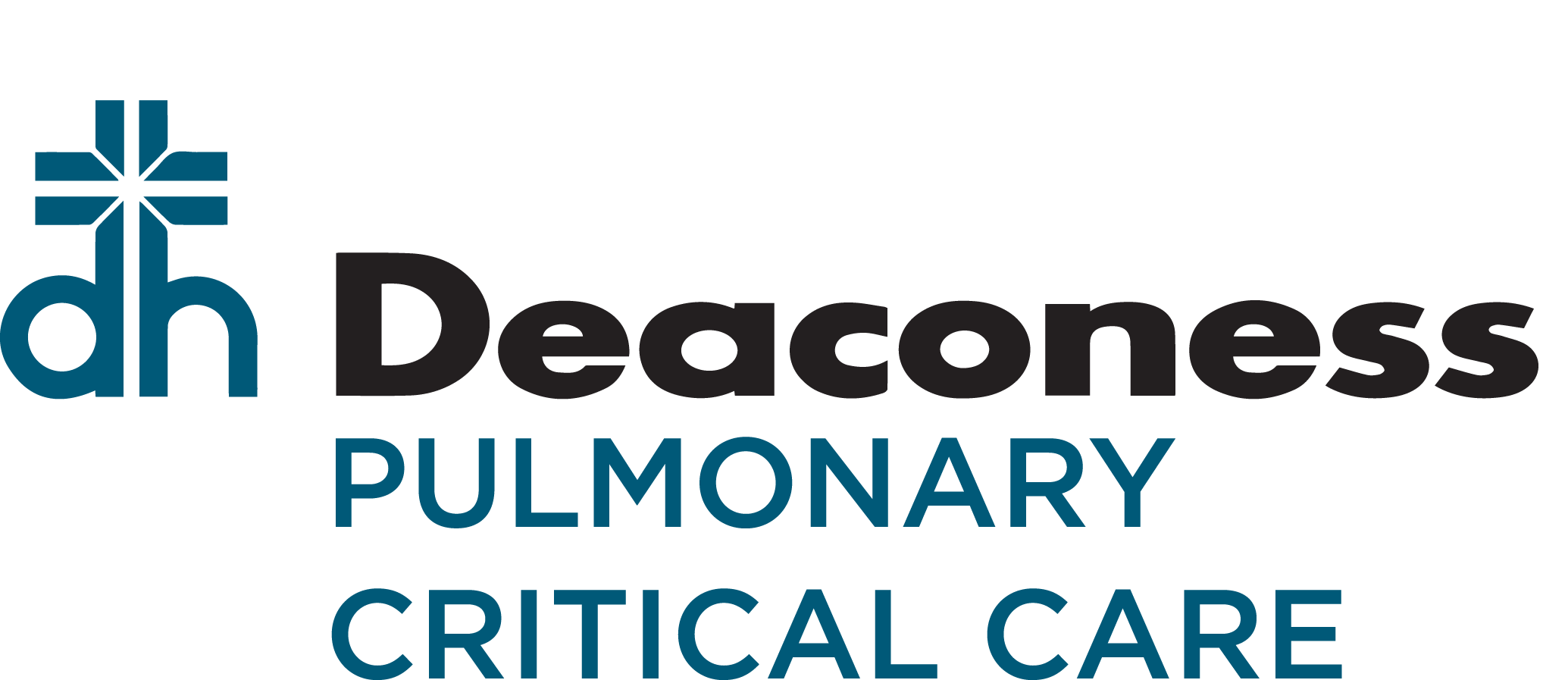Services Offered
Arterial Blood Gas (ABG)
Sampling of the blood levels of oxygen and carbon dioxide within the arteries. Aids in the treatment of respiratory diseases.
Bronchoscopy
A direct exam of your breathing passages. It takes about an hour and is used to help diagnose lung problems.
Endoscopic Navigational Diagnostic Systems
A minimally invasive procedure to evaluate lung diseases.
Endobronchial Ultrasound (EBUS)
A minimally invasive procedure used to diagnose lung problems such as cancer, infections or diseases that cause enlarged lymph nodes in the chest. It is a highly effective procedure.
Hyperinflation Therapy
Techniques to re-inflate air sacs in the lungs.
Lung Nodule Screenings
A dedicated team of lung disease specialists reviews cases to develop a plan of care for quick treatment implementation.
Mechanical Ventilation
Mechanically assist or replace spontaneous breathing for a period of time using a machine called a ventilator.
Methacholine Challenge Evaluation
A test used to help diagnose asthma where the patient breathes in nebulized methacholine and breathing function is measured.
Non-Invasive Ventilation (BiPAP, CPAP)
Breathing support via a mask with a BiPAP or CPAP machine.
On-Site Respiratory Therapy
We provide breathing treatments and testing from the simple spirometry to the full pulmonary function studies. The different levels of testing help our specialists narrow causes and diagnose lung problems.
Pulmonary Function Testing/Evaluation
A test that measures how well lungs take in and exhale air as well as how efficiently the lungs transfer oxygen into the blood. Spirometry is a simpler test that measures how well lungs exhale air.
Secretion Clearance Therapy
Techniques and devices to help clear mucus from the airways.
Small Volume Nebulizer (SVN) Therapy
Delivery of medication though a device that creates a mist. Helps with breathing difficulty.
Thoracentesis
A procedure that involves a needle being placed into the space between the lungs and the chest wall, known as the pleural space. This allows the physician to remove excess fluid in order to make breathing easier.
Pulmonary Rehabilitation
Pulmonary rehab can slow the progression of long-term pulmonary diseases (such as COPD), as well as reduce shortness of breath, improve endurance and increase independence and quality of life. The Heart Hospital at Deaconess Gateway offers a pulmonary rehab program, helping patients manage their condition, live better and avoid future health problems.
Sampling of the blood levels of oxygen and carbon dioxide within the arteries. Aids in the treatment of respiratory diseases.
Bronchoscopy
A direct exam of your breathing passages. It takes about an hour and is used to help diagnose lung problems.
Endoscopic Navigational Diagnostic Systems
A minimally invasive procedure to evaluate lung diseases.
Endobronchial Ultrasound (EBUS)
A minimally invasive procedure used to diagnose lung problems such as cancer, infections or diseases that cause enlarged lymph nodes in the chest. It is a highly effective procedure.
Hyperinflation Therapy
Techniques to re-inflate air sacs in the lungs.
Lung Nodule Screenings
A dedicated team of lung disease specialists reviews cases to develop a plan of care for quick treatment implementation.
Mechanical Ventilation
Mechanically assist or replace spontaneous breathing for a period of time using a machine called a ventilator.
Methacholine Challenge Evaluation
A test used to help diagnose asthma where the patient breathes in nebulized methacholine and breathing function is measured.
Non-Invasive Ventilation (BiPAP, CPAP)
Breathing support via a mask with a BiPAP or CPAP machine.
On-Site Respiratory Therapy
We provide breathing treatments and testing from the simple spirometry to the full pulmonary function studies. The different levels of testing help our specialists narrow causes and diagnose lung problems.
Pulmonary Function Testing/Evaluation
A test that measures how well lungs take in and exhale air as well as how efficiently the lungs transfer oxygen into the blood. Spirometry is a simpler test that measures how well lungs exhale air.
Secretion Clearance Therapy
Techniques and devices to help clear mucus from the airways.
Small Volume Nebulizer (SVN) Therapy
Delivery of medication though a device that creates a mist. Helps with breathing difficulty.
Thoracentesis
A procedure that involves a needle being placed into the space between the lungs and the chest wall, known as the pleural space. This allows the physician to remove excess fluid in order to make breathing easier.
Pulmonary Rehabilitation
Pulmonary rehab can slow the progression of long-term pulmonary diseases (such as COPD), as well as reduce shortness of breath, improve endurance and increase independence and quality of life. The Heart Hospital at Deaconess Gateway offers a pulmonary rehab program, helping patients manage their condition, live better and avoid future health problems.



